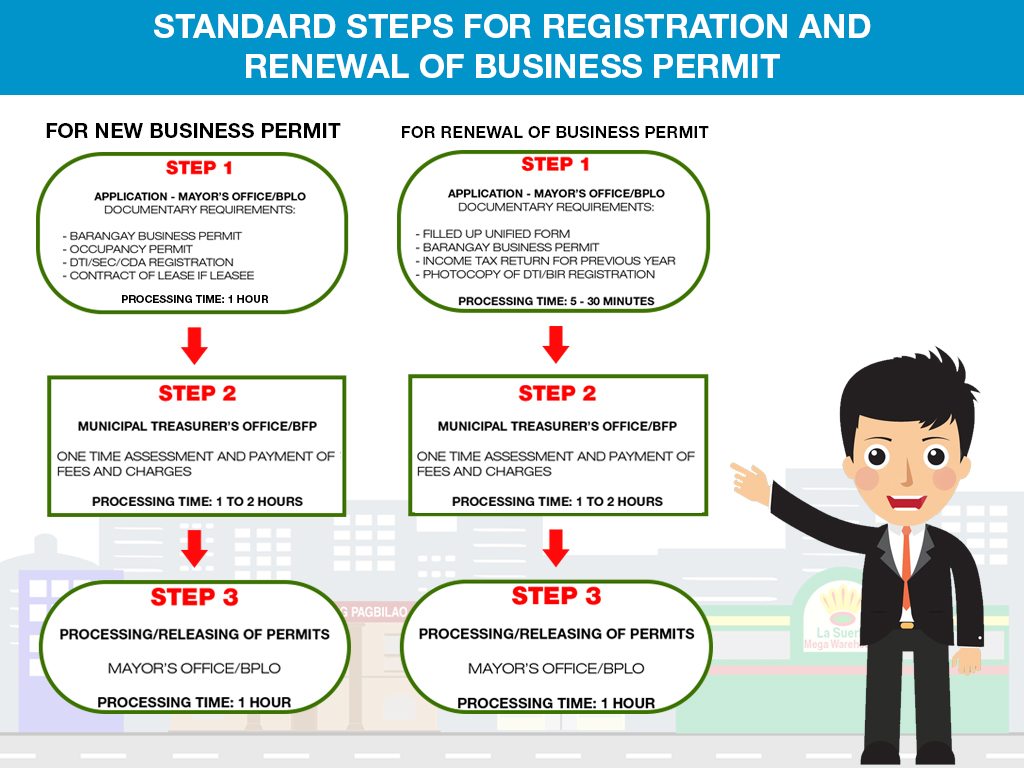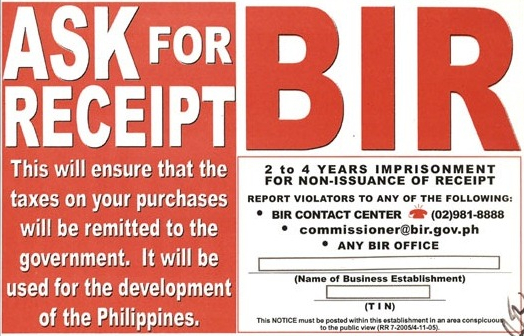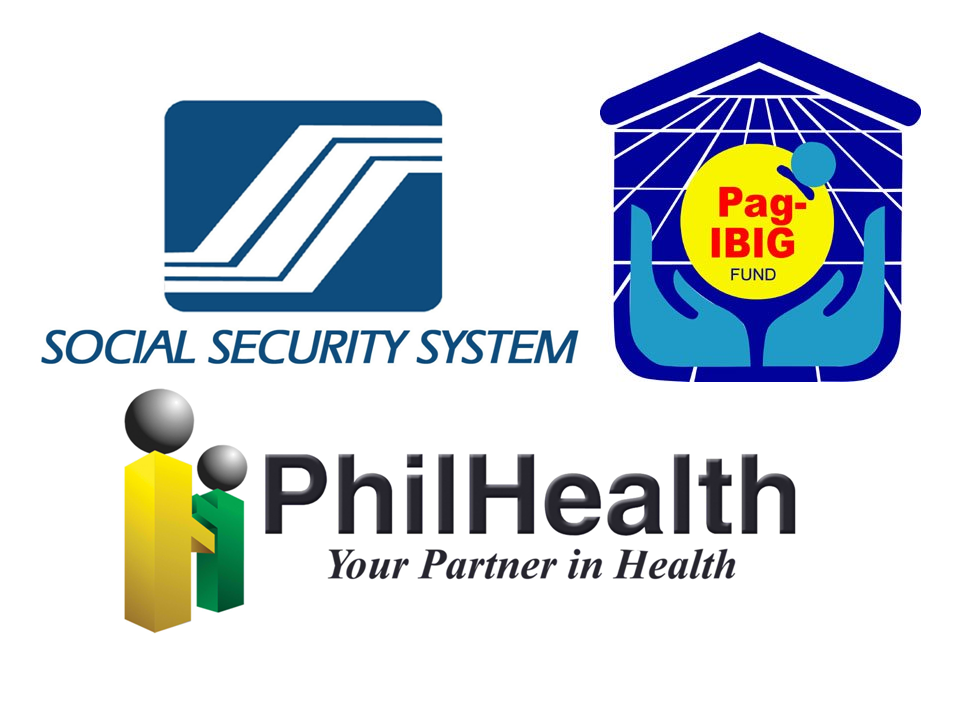
Got an exciting business idea? That’s great! But before you can start a small business in the Philippines, you need to legalize it first and register your business with the proper authorities.
The easiest type of enterprise to set up is a sole proprietorship, which is run by an individual. If you’re planning to establish a sole proprietorship in the Philippines, here’s a handy step-by-step guide on what you need to do:
Step 1: Department of Trade and Industry (DTI) Registration

The first step in registering your small business is by going to the DTI to secure your business name.
You have to fill up the application form and submit a copy of a government-issued ID. You also need to submit a list of proposed business names, just in case someone else already owns your preferred names.
After DTI approval, you can now claim your DTI Certificate of Business Registration.
Step 2: Local Business Permit Registration

Go to your barangay hall and present a copy of your DTI Certificate of Business Registration and a copy of your government-issued ID.
You might also need to submit other proof of business address, like a Contract of Lease if you’re renting office space or a Transfer Certificate of Title if you own your property. Don’t forget to include a sketch of your business location.
Afterward, proceed to your municipal hall or city hall to get your business permit. Be sure to submit the same documents you submitted to your barangay, plus a copy of your barangay clearance, sworn statement of capital investment, community tax certificate, tax declaration, and tax clearance.
You need to secure licenses and permits from the Municipal Health Office, Sanitary Office, Bureau of Fire Protection, Municipal Planning and Development Coordinator, and Office of the Municipal Engineer.
The fees vary per municipality, based on the size and nature of your business.
Step 3: Bureau of Internal Revenue (BIR) Registration

The last step is to register your business with the BIR by filling out and submitting BIR Form 1901.
Once again, submit the same documents that you received and submitted in your DTI and local government registrations, including your marriage certificate (if married) and birth certificate for any qualified dependents.
You need to pay for registration through BIR Form 0605 and register your books of account before you can claim your certificate of registration or BIR Form 2303.
Step 4: SSS, PhilHealth, and Pag-IBIG Fund Registration

Finally, if you’re earning more than P1,000 a month, you are required to register as a self-employed or voluntary member of the Social Security System (SSS), PhilHealth, and Pag-IBIG Fund.
Remember that you have to pay your contributions to these government agencies on a monthly or quarterly basis. You can use the Moneygment app to pay your taxes, as well as SSS, Pag-IBIG, and PhilHealth contributions so that you can skip the long lines in payment centers.
Want an efficient and hassle-free way to register your business? Cavalli Business Center can assist you in your business registration needs so that you may focus on your business as we take care of the rest.
Visit our website at www.cavallibusinesscenter.com, email us at [email protected], or drop us a call at 5502419 or 8041614 and let us know how we can help you.